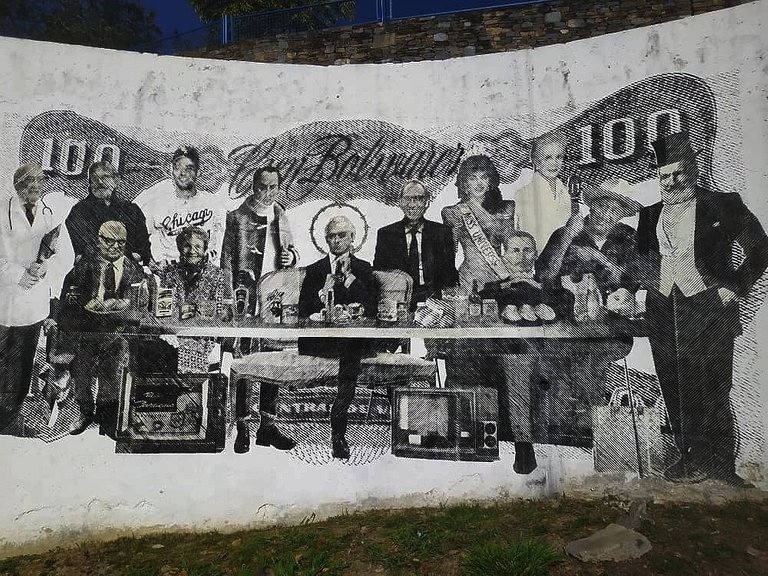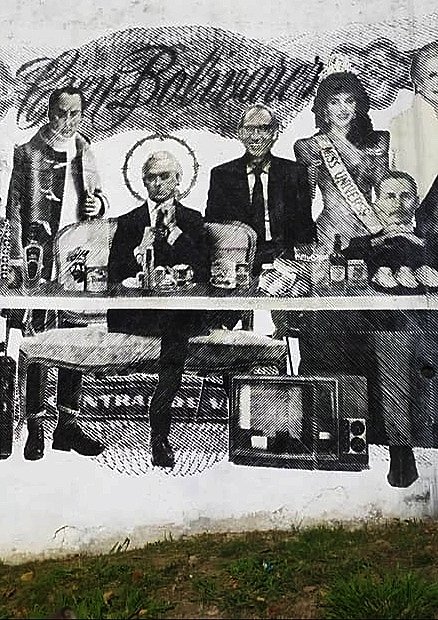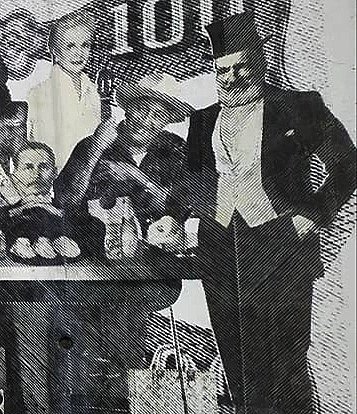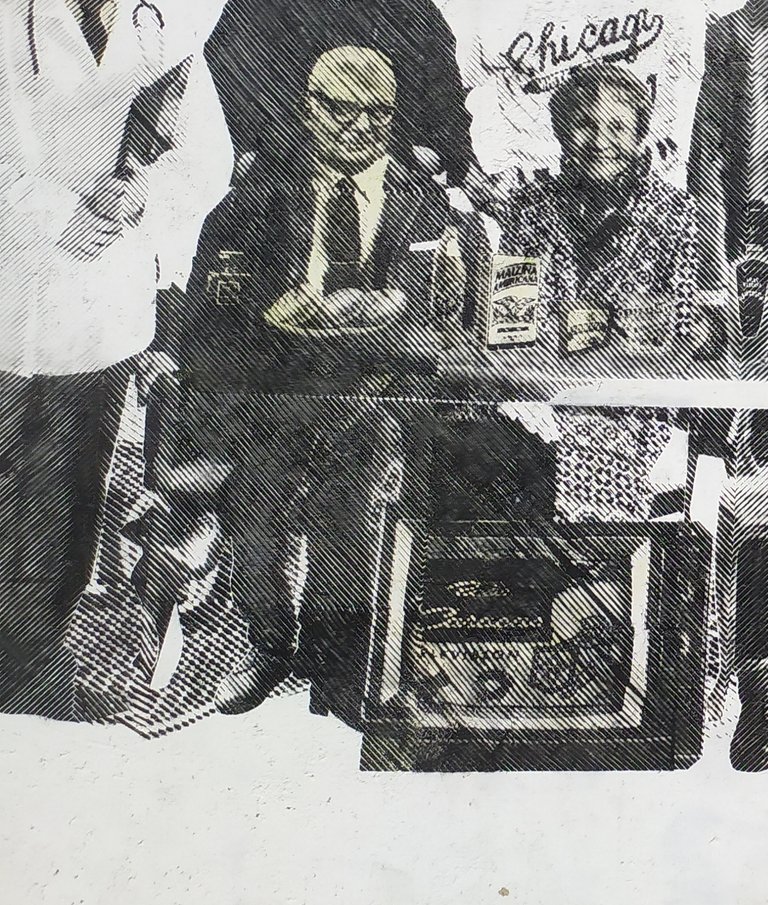The economic history of Venezuela is not exactly the best, if we count the 500 years of Spanish rule and add the centuries up to the present date, the economy has undergone different metamorphoses that do not end up forming something stable. In short, the Venezuelan economy is backward inside a chrysalis.

Something that was beneficial for the country before and after the arrival of the Spanish invasion is the development of agricultural technology and when I talk about before I mean that at least 85% of the vegetables produced in the planet come from America, we are the main granary of the world.

The great Garcilazo de la Vega, a man born of a Spanish father and a Peruvian aboriginal mother, was the intellectual mestizo who dedicated himself to writing about his two cultures, always emphasizing the long tradition that the Incas had of processes linked to agriculture.

Agriculture has been an important part of South American economies for millennia and the Spaniards knew how to take full advantage of this potential. However, with Venezuela's independence, things went downhill in agricultural matters. A century after the total surrender of the Spanish empire in American lands, a new enemy began to appear in a tactical way, the United States in order to win the industrial revolution centered on oil, which meant for Venezuela a drastic change in its way of generating wealth, the fields abandoned by the farmers that the same American oil companies were in charge of annihilating if necessary.

Venezuelan governments in the early 1900's were in charge of giving extensive and rich oil fields offering ridiculous royalties to the state. Venezuela left behind its agricultural model to adopt an oil rentier model.
Since then we have depended on oil sales and social policies imposed by the state to assume a public expenditure based on social assistance. Social democracy in the broadest sense of the word.